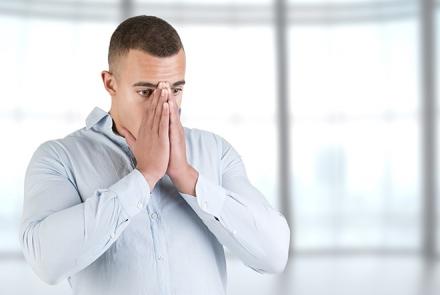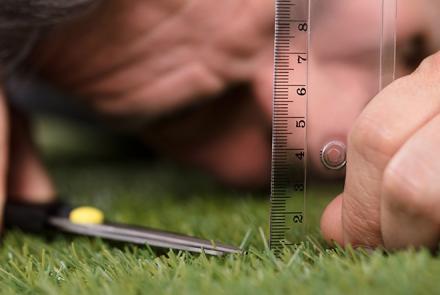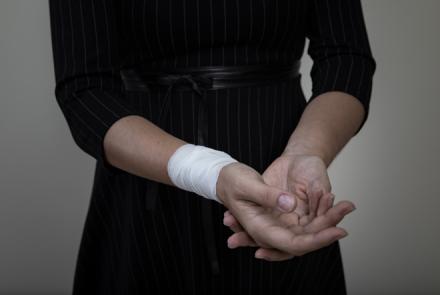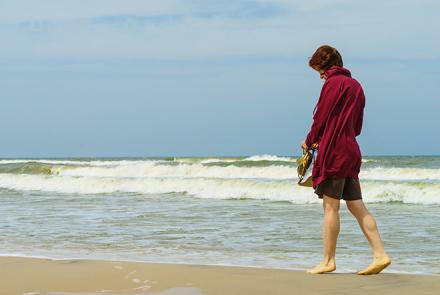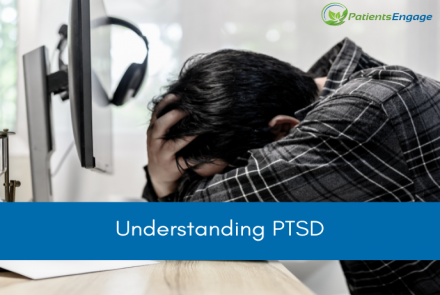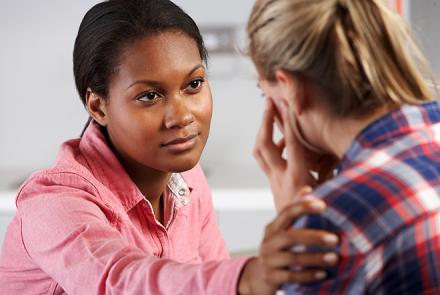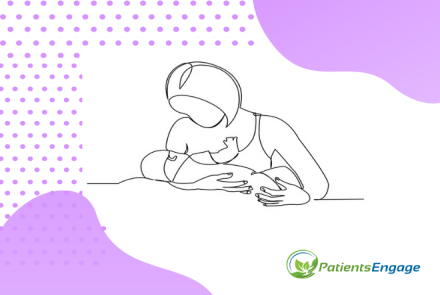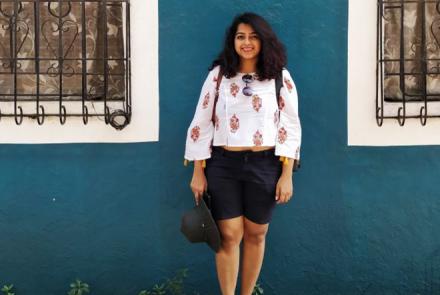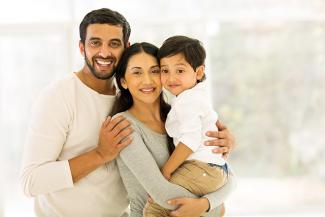
Parmeet Kaur Soni, Consultant, Clinical Psychologist, Mental Health Foundation, Kolkata, talks about how family members can support their children, when a family member or a close relative is diagnosed as Covid positive.
We are increasingly hearing of children of all ages becoming increasingly anxious and even clingy when a family member is affected. We spoke to Parmeet Kaur Soni, a clinical psychologist on how families can navigate these difficult pandemic times.
The following steps can help family members, especially children prepare for covid in the family and different stages of treatment:
1. Give age-appropriate responses
When speaking to children of an older age (e.g. adolescents), you might ask, "What are you hearing about coronavirus? What questions do you have?" For younger children, you could say, "Do you have questions about the new sickness that's going around?". This gives you a chance to learn how much kids know, and to find out if they're hearing the wrong information.
There are many resources and pictorial representations available online that have been specifically designed to help when having conversations with children about COVID-19, e.g. ‘Kids, Vaayu & Corona: Who wins the fights?’. This book has been authored by the faculty of PGIMER (Chandigarh) and Panjab University, to help children get answers to their queries on coronavirus. Another resource that might help: How to explain covid-19 to children (https://www.patientsengage.com/resources/how-can-i-explain-covid-19-my-child) by PHFI
2. Create space for conversation:
Sit collectively and allow children and adults to share their feelings. Worries and anxieties will crop up. Clear communication helps children feel less anxious.
Follow the child's lead. Some kids may want to spend time talking. But if the child does not seem interested, or isn’t asking a lot of questions, that's OK. Address the questions that they raise. But you needn’t offer more detail than your child is interested in.
Focus on helping your child feel safe but do not lie. If you are asked something and you don't know the answer, say so. Use this as an opportunity to show them credible resources for obtaining information e.g. WHO (https://www.who.int/emergencies/diseases/novel-coronavirus-2019). Be aware of how your child gets news and information; especially older kids who go online and have access to social media.
Some questions can be repetitive but it is important that you respond to the child’s worries and queries in a calm and reassuring tone. Make sure to reiterate that they can always come to you for answers or to share their concerns and doubts. Their anxieties can be assuaged by parents maintaining their calm; kids can sense when their parents are worried. We can use examples of common cold/flu, and try and make the child understand why they cannot hug/kiss/come close for a few days.
3. Keep the Conversation Going
Keep checking in with your child. Utilise the conversations about coronavirus as a way to help kids learn about their own bodies and physical health, e.g. the importance of a healthy immune system (fighting diseases!)
Ask leading questions: What do you think about these events? How do you think these things happen? Such questions also encourage conversation about things they might have heard that are incorrect or inappropriate
4. Maintain routines and connections
If the infected family member has been hospitalised, encourage children to make cards, write letters, send pictures or voice notes. This might help the child feel connected to the family member.
Additionally, putting effort as a family to do things around the house which the member who is getting treated for COVID would value or appreciate might help, in that regard e.g. watering the garden.
Going back to their familiar routine, such as online classes and domestic rituals, would help them to cope with uncertainties, it is important that you maintain the family rituals and traditions that bind and connect.
It might be the case that they feel powerless over COVID and feel very insecure about not being able to protect themselves from it. Give your child specific things to do to feel in control. For example, explain the importance of regular hand washing: Helps stop viruses from spreading to others.
5. Reach out, seek help and involve others:
It’s normal to feel worried or, anxious if a family member gets hospitalised due to COVID. Encourage your children to stay in touch with the friends and relatives that they feel closer to. If they look forward to spending time in a particular relative’s house (e.g. grandmother’s house during the summer holidays), consider taking them there. If you see the child’s anxiety is persisting, is very emotional or is getting difficulties in sleep, you could consult a mental health counsellor
6. Support the child after return of the hospitalised family member
It’s natural for the child to cling more to the parent or keeping checking on grandparent after they have returned from the hospital. It is best to allow the child to do this, for some time. Communication at this stage is important, as well. Give them simple instructions that will help them feel involved in the care and recovery of the family member. Example: “Let’s go, it’s time to give Nani her medicine”. It might help to try and go back to collective activities like puzzles, cards, carrom which the child would earlier enjoy doing with that family member.
It is important that the caregivers prioritise their own mental health. Because, they will not be able to help the child in an optimal manner unless they themselves are coping well. Please reach out to a friend, relative or professional if you feel overwhelmed.

Parmeet Kaur Soni Consultant Clinical Psychologist Mental Health Foundation

